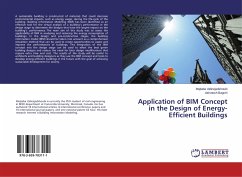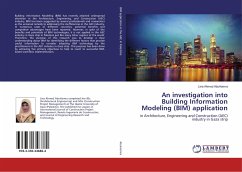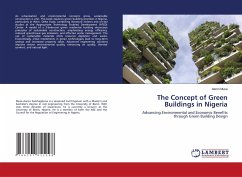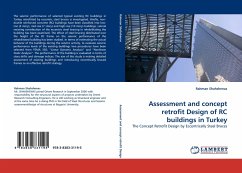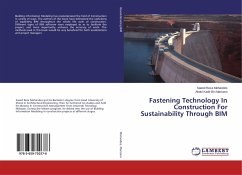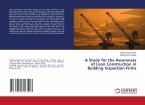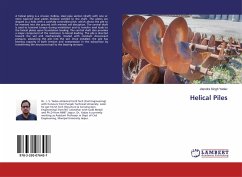A sustainable building is constructed of materials that could decrease environmental impacts, such as energy usage, during the life-cycle of the building. Building Information Modeling (BIM) has been identified as an effective tool for the virtual analysis of a building's performance in the design stage to determine the designs that have the largest impact on the building's performance. The main aim of this study was to assess the applicability of BIM in analyzing and reducing the energy consumption of buildings. In the design and pre-construction stages, the building information model (BIM) should be taken into account as a comprehensive simulation method that can be used to create opportunities to assess and improve the performances of buildings. This integration of the BIM concept into the design stage can be used to select the best green building designs and reduce the need for later design modifications that require extra time and cost. The results of the study will be useful to architects and building designers as they use the BIM concept and tools to develop energy-efficient buildings in the future with the goal of achieving sustainable development for society.
Bitte wählen Sie Ihr Anliegen aus.
Rechnungen
Retourenschein anfordern
Bestellstatus
Storno

